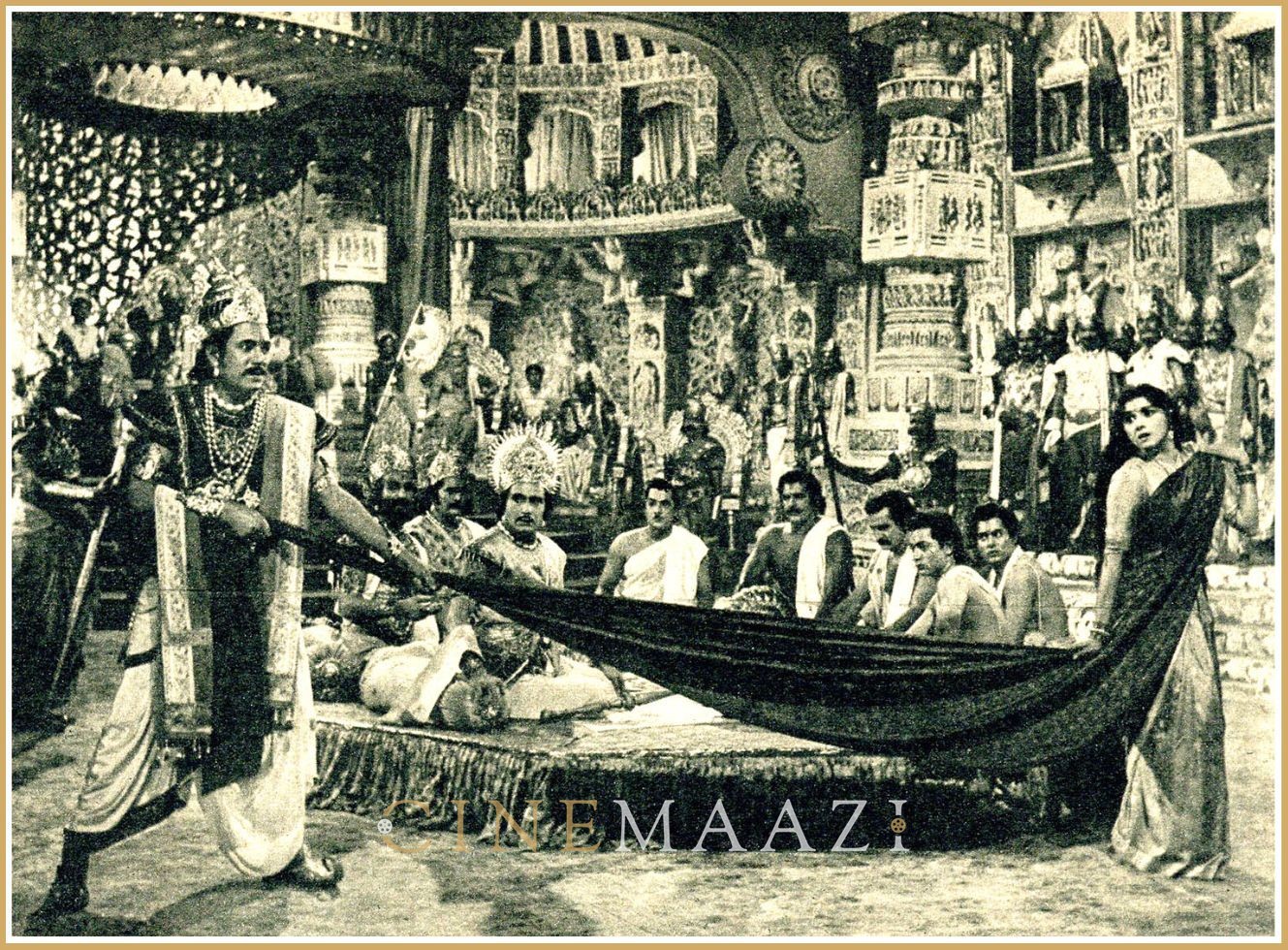
Not a screen adaptation of the epic (the approach is strictly village tamasha) and far from literary, "Mahabharat" is one of those "tales retold for children" minus their charm.
Set in an idyllic world where love seems just platonic, where Draupadi's marriage to the five brothers is just another incident thrown in because it's in the book rather than for its thematic possibilities, where Duhsasana's attempt to undrape the heroine is as disappointing for the audience as it is for Duhsasana, the film mistakes self-righteousness for religion, trick effects for art, gaudy decor for period atmosphere.
In a typical idealise-at-any-cost bid, "Mahabharat" has borrowed the "Cowards die many times" quote from Shakespeare. For entertainment, there is the palace equivalent of the village idiot who's supposed to balance the idealism, but actually throws it out of gear.
There's Dara Singh indulging in a wrestling match at every turn in the story. Since generally the opponent wears an identical moustache the spectator can't pick any ringside favourites or hope to bet on the winner. The bouts have all the speed and grace of a steamroller, and if a fighter doesn't get clubbed on the head while taking his stance, it's only because his opponent is just as slow on his feet.
The battle scenes were as incoherent as the story and sometimes the combatants did stop talking long enough to let off a random arrow or take a swipe at the passing enemy soldier.
"Mahabharat" could have done better had it concentrated on the human element instead of being fascinated by its own trick effects, (Once you are shown a dance on television –or something very like it). The story could have been interesting had there been a story, instead of a string of episodes. Dara Singh's interlude with Hanuman was just that - an interlude. His long, long attempt to raise Hanuman's tail should leave even a weight lifter yawning.
The dialogue often becomes a guessing game, the camera focussing on an entire group, leaving you searching for the speaker. And since most of the film is just dialogue, most of the time you are kept guessing.
Of the characters the only ones who seem human are Padmini (a somewhat shrewish Draupadi) and Achala Sachdev.
Nothing that can make the traditional maiden aunt raise he virtuous eyebrows. Entertainment which the entire family will find equally dull.
This article was published in Filmfare magazine’s 17 September, 1965 edition as a part of 'Filmfare Reviews' of the film "Mahabharat" (1965).
About the Author



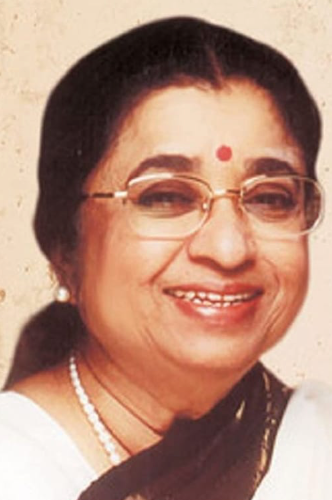
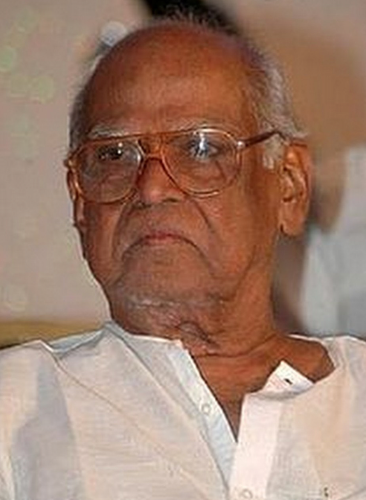
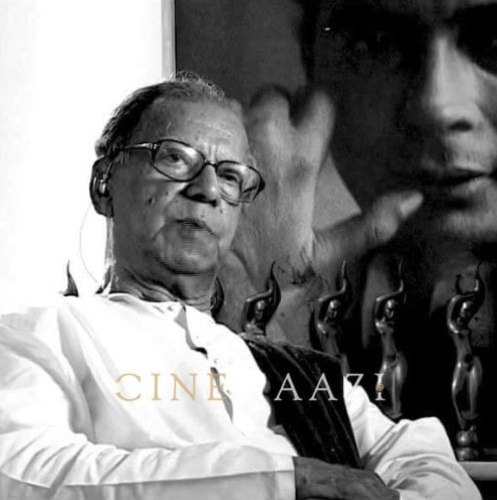
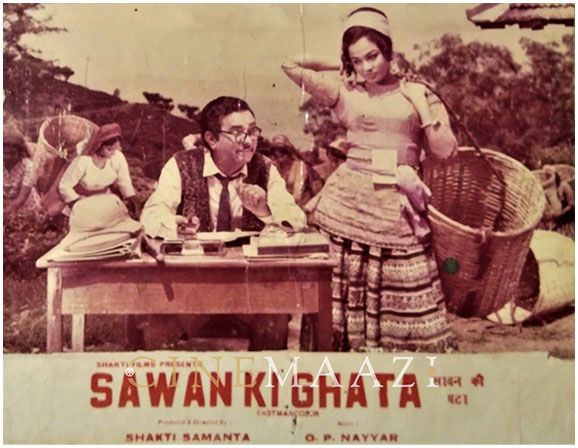
.jpg)


